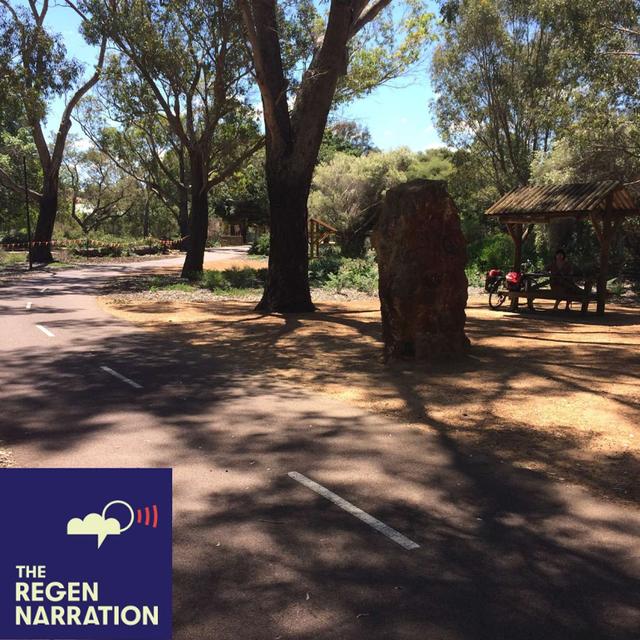Flying in the face , of course , to the entrenched ideas of improving transport , which is to widen the freeways I shouldn't even use that term anymore . I don't know what term to use for them now . Toll roads , often in most cities , but effectively there are toll roads . Here too , we just pay through it . Our nose is through taxes .
I was watching , even at Scarborough on the weekend , the dynamic as the weather warms , where the increased parking they just put in at the south end of Scarborough Beach with a lovely turnaround at the end of it , people were now parking around the turnaround .
It was a nightmare , that concept of induced traffic that when you create more space where you think nominally you'll alleviate the pressure , alleviate the congestion . Actually you attract more car-based transport to it and make the problem worse . You double down on the problem . Why do we persist ? What has your work turned up in terms of why we persist ?
Or is it that we find that concept pretty challenging to come to terms with ?
I don't know why . It's a well-known phenomenon called induced demand For decades .
I don't know why , phenomenon called induced demand , and I don't , I don't , I don't know why , and even the ABC show utopia had a great episode on this and it's an hilarious clip actually that shows , you know , the changes to the , the road infrastructure and you know , making the traffic move really well and it's all green go and all lovely , and then as it
evolves , it all turns red and really scary in the image and you know it's . They say , well , this is five years later . This is what happens . So , yes , by you know , widening or adding an extra lane to the freeway , it's great at the moment and people are saying , oh , they're saving minutes on their commute . But it's hard to understand in the longer term .
Because that commute is great , I will continue to drive it along with the person next door .
Yeah , and then they go , oh well , I can just drive .
It's so much easier and so more and more people use it . It's like traffic and cars , it's like water . It'll just fill this , the space it's given .
If more space had been given over to , you know , improving that , the shared path along the freeway that is very congested because it's the only access to to the south and and some groups like to ride there and and a lot of people commute there , um , you know , who knows what the outcome could have been .
Yeah , tell me why . In urban planning , the metaphor is now that you think about your streets as your lounge room .
Have you come across that ? Oh , I haven't heard that , but I like it now .
I think I got this from Clean State actually that there's a metaphor in urban planning . Now that you think about your streets as your lounge room , I thought , wow , that's enticing , if that's becoming a sort of a norm , that you would think about it as how can the streets be a place where you settle in together and actually hang out ?
Well , it is that you know that idea of that is your public space . People's gardens are getting smaller , houses are bigger , and so that's becoming your only outdoor space . So you know , making sure that that is a comfortable environment for you to enjoy is important .
There's also a drawing and I don't know by who that shows if we designed our houses , how we design our streets and roads , and it shows the massive portion that would be given over to the garage to store the vehicle , and the rest of the house is a tiny little space .
